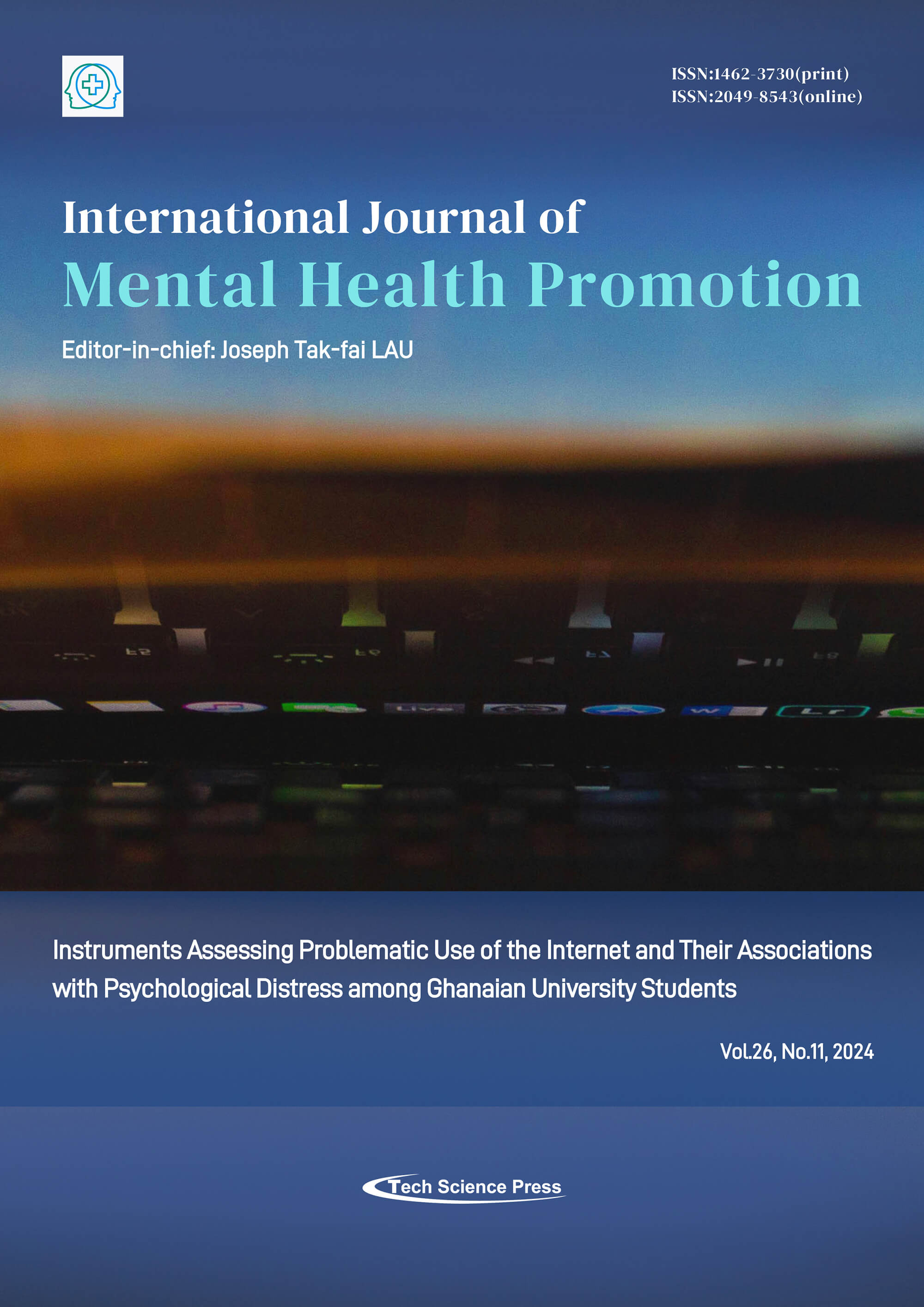
The present study evaluated the psychometric properties of Problematic Internet Use (PIU) instruments and their correlation with psychological distress and time spent on Internet activities among university students in Ghana. In the present cross-sectional survey design study, 520 participants (35.96% female) were recruited with a mean age of 19.55 years (SD =1.94) from several university departments (i.e., Behavioral Sciences, Materials Engineering, Nursing and Midwifery, and Biochemistry and Biotechnology) of Kwame Nkrumah University of Science and Technology (KNUST) between 19 July and 04 August, 2023. Participants completed a survey that included the following measures: the Gaming Disorder Test (GDT), Gaming Disorder Scale for Adolescents (GADIS-A), Internet Gaming Disorder Scale-Short Form (IGDS9-SF), Bergen Social Media Addiction Scale (BSMAS), Smartphone Application Based Addiction Scale (SABAS), Nomophobia Questionnaire (NMP-Q), and the external criterion measure: Depression Anxiety Stress Scale-21 (DASS-21). Confirmatory factor analysis (CFA) was carried out to evaluate the structure of the instruments. Cronbach’s α, McDonald’s ω, and composite reliability were used to evaluate internal consistency. Pearson correlation was used to examine the associations between the scores of instruments assessing PIU, time spent on Internet activities, and the level of psychological distress. Model fits confirmed the (i) unidimensional structure of the GDT, BSMAS, SABAS, IGDS9-SF, (ii) two-factor structure of the GADIS-A, and (iii) four-factor structure of the NMP-Q. Additionally, the study found that different types of PIU were significantly associated with psychological distress and time spent on related Internet activities. The six instruments validated in the present study demonstrated very good to excellent psychometric properties when applied to university students in Ghana.
View this paper